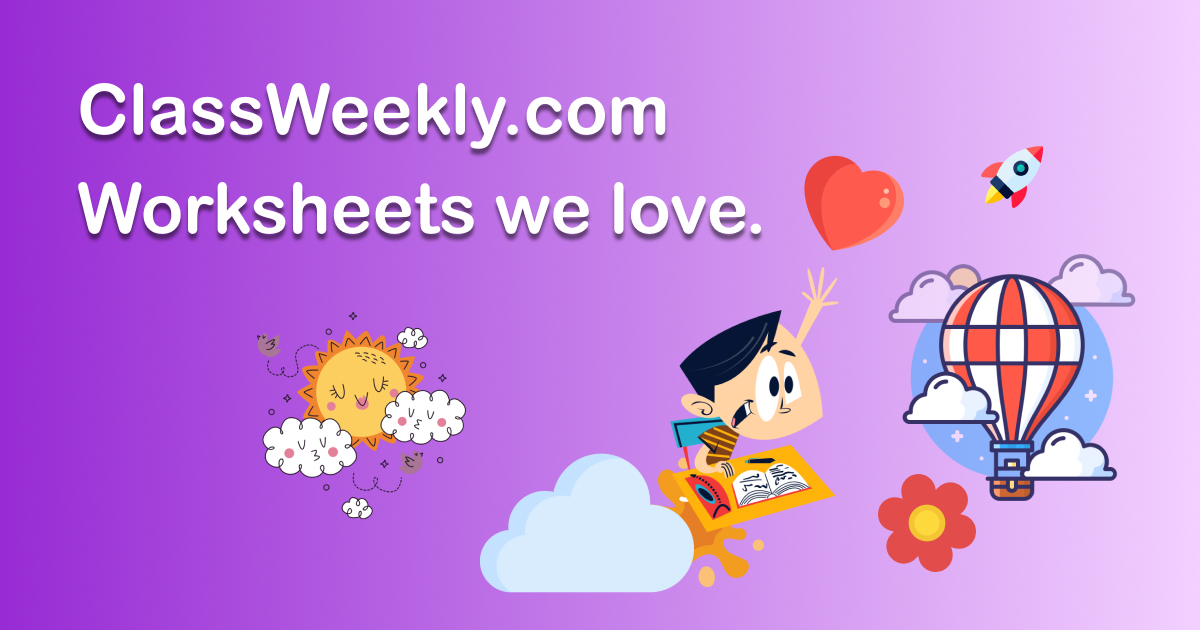Jaclyn Power
·18d agoHow to teach compound words to 1st gradersJaclyn Power
The first time I introduced the concept of compound words, one of my students asked, "So if I put ‘pencil’ and ‘case’ together, do I get a pencilcase?" Close enough haha.... Here's a short guide I made that will hopefully help you as much as it did me when first introducing compound words.
Here are a few compound words worksheets to get you started.
What is a compound word?
A compound word is made up of two words that come together to create a new meaning.
For example, take the word playground. "Play" means to have fun, and "ground" is the solid surface of the earth. Put them together, and you get an outdoor space where kids can play. My students love coming up with their own combinations, like "catfish" (which one of them thought was just a really fancy way to say "wet cat").
Three types of compound words
Not all compound words are written the same way... This can trip kids up, so I like to introduce them one at a time.
1. Closed compound words
These are the easiest to recognize because there are no spaces. The two words are stuck together to form one.
For example:
- My sister is babysitting our cousins tonight.
- I keep all my notes in a notebook.
I remember one student telling me, "So it’s like glue? The words just stick?" Exactly! :)
2. Open compound words
These ones have a space between the words, but they still work as one unit.
For example:
- We had cotton candy at the fair.
- You need to use common sense when crossing the street.
The tricky part? They don’t look like compound words. So I challenge my students to "catch" them when they see them in books. They love feeling like detectives. One time, a student shouted in the middle of reading time, "Teacher! Ice cream is one!" It took everything in me not to burst out laughing.
3. Hyphenated compound words
These words have hyphens, which always confuse my students at first.
For example:
- The kids love riding the merry-go-round at the park.
- Mr. Singh is the editor-in-chief of our newspaper.
To help, I write examples on the board and have students sort them into the right category. The first time we did this, one student confidently told me "popcorn" needed a hyphen because "it pops!" Good reasoning, but nope - it's closed!
Fun ways to practice compound words
One of my favorite activities is "Compound Word Puzzles." I write words on index cards and have my students match them to make real compound words. One time, a student tried to pair "butter" and "flyswatter" 😅
Another fun game is "Draw It Out." I give them a compound word, like "doghouse," and they have to draw a picture that shows both words coming together. These drawings always make me laugh...

